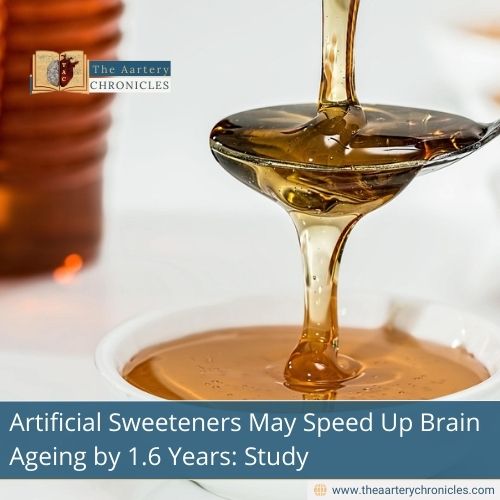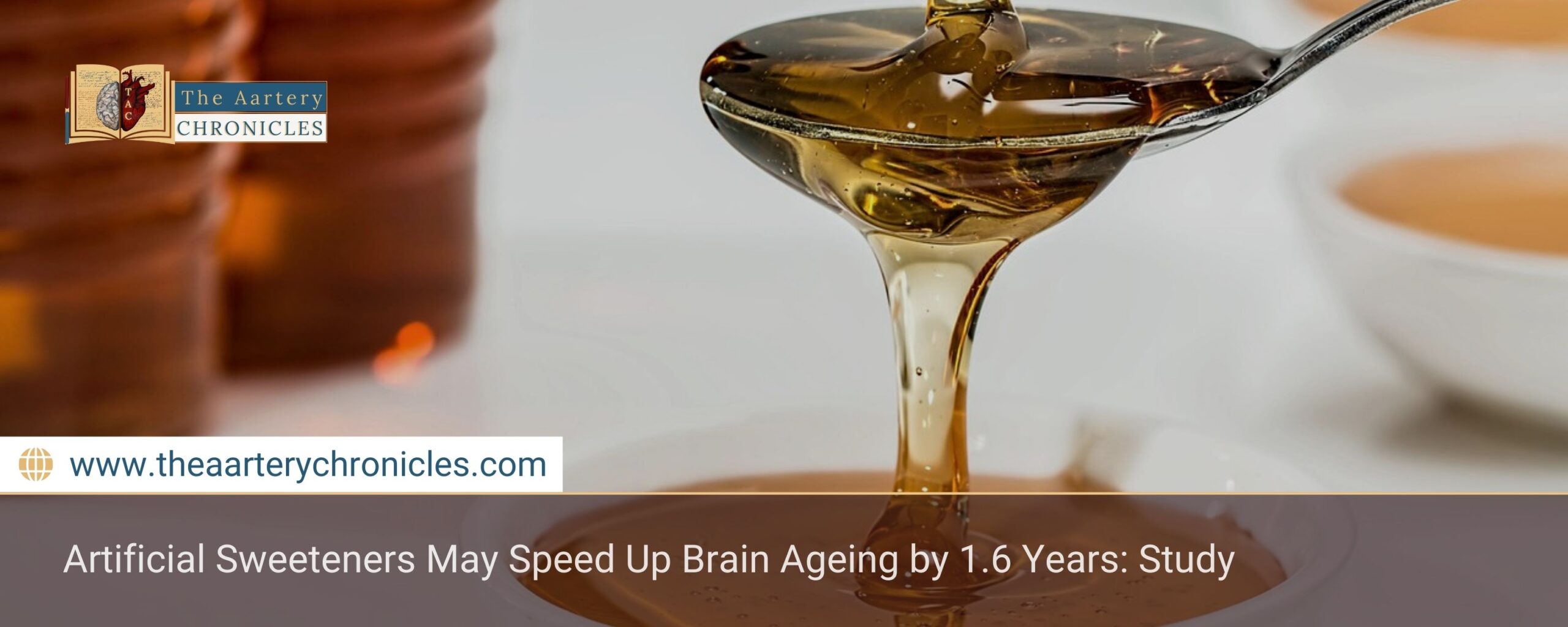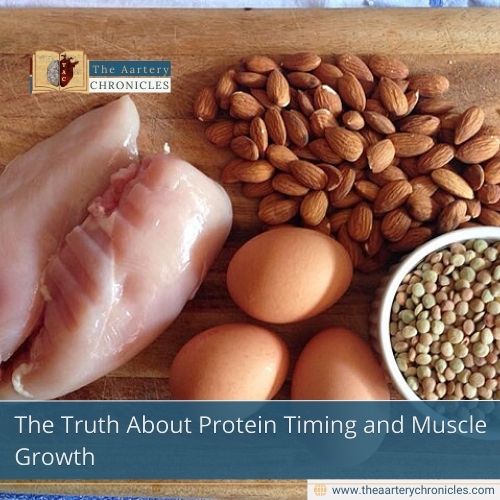

Artificial Sweeteners May Speed Up Brain Ageing by 1.6 Years: Study
Artificial sweeteners are often marketed as a healthier, low-calorie substitute for sugar. However, new research suggests that these sugar alternatives could come at a hidden cost to your brain health. A recent study has revealed that artificial sweeteners may accelerate cognitive ageing, making the brain age 1.6 years faster in heavy consumers.
Why People Choose Artificial Sweeteners
Many people switch from sugar to artificial sweeteners, believing they are making a healthier choice. These substitutes help cut calories and reduce the risk of blood sugar spikes, making them popular in “diet” or “sugar-free” products such as:
- Flavoured yoghurts
- Diet sodas
- Flavoured waters
- Low-calorie desserts
But despite being low in calories, this study highlights that artificial sweeteners may not be risk-free.
What the Study Found
Published in the journal Neurology, the study followed more than 12,700 adults for eight years. Researchers closely monitored the intake of common sweeteners such as:
- Aspartame
- Saccharin
- Acesulfame-K
- Erythritol
- Xylitol
- Sorbitol
- Tagatose
Participants were grouped based on how much of these sweeteners they consumed.
The results were striking: people with the highest intake showed faster declines in memory and thinking skills compared to those who consumed little or none. In fact, drinking the equivalent of just one diet soda daily was linked to a 62% faster decline in cognitive function, which translated to the brain ageing an extra 1.6 years.
What This Means for Everyday Choices
These findings suggest that products labelled “sugar-free” or “low-calorie” should not automatically be considered safe for long-term brain health. While artificial sweeteners can reduce calorie intake, their potential impact on cognitive function should not be ignored.
Smarter Swaps
Instead of relying on packaged foods and drinks with artificial sweeteners, consider healthier alternatives such as:
- Fresh yoghurt with a drizzle of honey or fruit
- Water infused with lemon, mint, or cucumber
- Moderation with natural sugar sources
Conclusion
Artificial sweeteners may seem like a healthier alternative to sugar, but this study shows they could speed up brain ageing and contribute to cognitive decline. Cutting back on artificially sweetened products and opting for natural, minimally processed options may help protect long-term brain health.
Source: Inputs from various media Sources
I’m a pharmacist with a strong background in health sciences. I hold a BSc from Delhi University and a pharmacy degree from PDM University. I write articles and daily health news while interviewing doctors to bring you the latest insights. In my free time, you’ll find me at the gym or lost in a sci-fi novel.
- Priya Bairagi
- Health News and Updates,People Forum
- 5 September 2025
- 20:00








